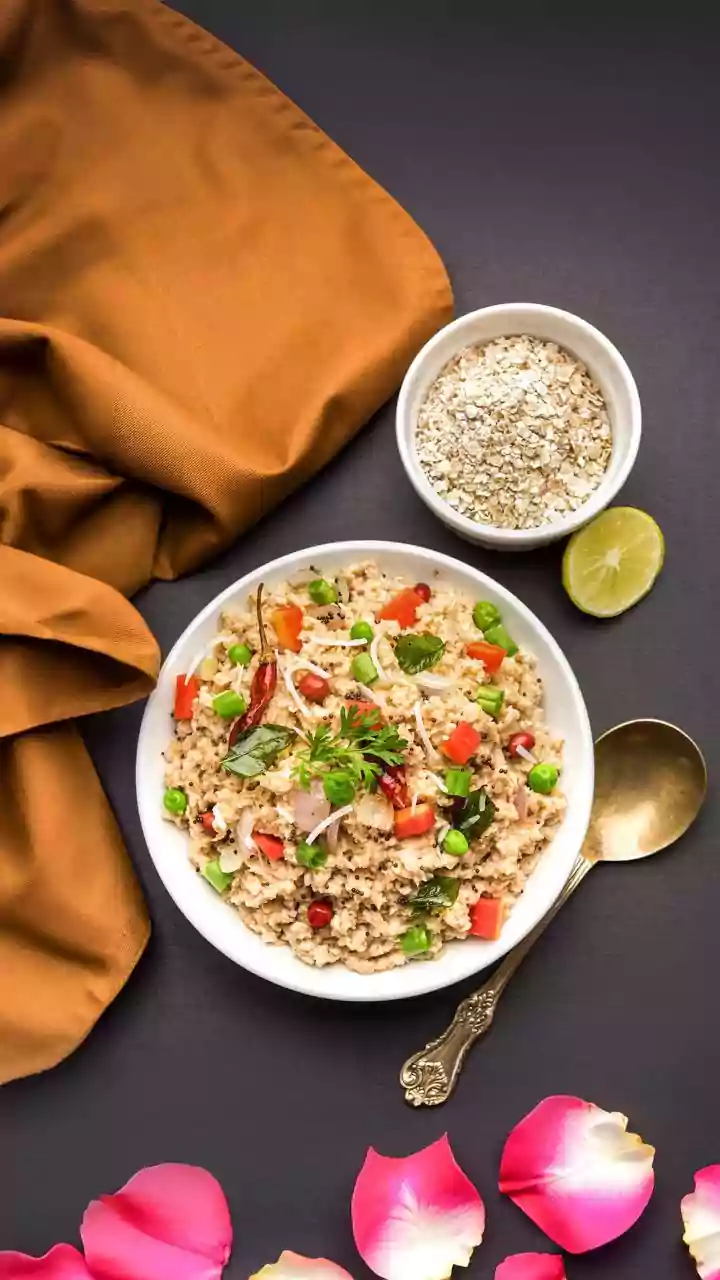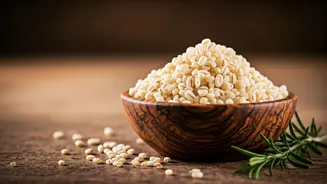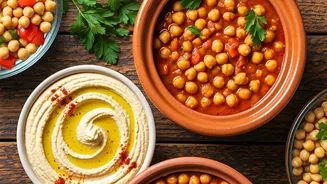Introduction: Gut Health
The health of your colon is inextricably linked to your overall well-being. A diet rich in specific nutrients can significantly reduce the risk of colon cancer.
Incorporating the right snacks into your daily routine is a simple yet effective way to maintain a healthy colon. This article will guide you through six science-backed snack choices that are easy to include in your diet and offer powerful benefits for colon health. These snacks are readily available and can be incorporated into your lifestyle to support long-term well-being and protect against potential risks. It's a proactive approach to health, emphasizing the importance of informed food choices.
Berries: Antioxidant Power
Berries, such as blueberries, strawberries, and raspberries, are packed with antioxidants and fiber, crucial for colon health. These small fruits offer a significant defense against colon cancer due to their high concentration of antioxidants that combat free radicals. The fiber content in berries aids in digestion and helps to eliminate waste efficiently, reducing the time that potential carcinogens are in contact with the colon lining. Regular consumption of berries can also help to reduce inflammation in the gut, thereby further minimizing the risk of colon cancer. Their natural sweetness also makes them a satisfying and healthy snack, making them a great choice for long-term health benefits. Consider adding a handful of mixed berries to your breakfast cereal, yogurt, or enjoying them as a standalone snack.
Nuts and Seeds: Fiber Boost
Nuts and seeds, like almonds, walnuts, flaxseeds, and chia seeds, provide a hearty dose of fiber, essential for maintaining a healthy colon. Fiber helps to regulate bowel movements, preventing constipation and reducing the risk of colon cancer. Additionally, nuts and seeds contain healthy fats and other nutrients that support overall gut health. Studies have shown that a diet high in nuts and seeds can reduce the risk of various cancers, including colon cancer. The presence of omega-3 fatty acids in certain nuts, like walnuts, provides added anti-inflammatory benefits. Including a mix of nuts and seeds in your diet can be a convenient way to boost your fiber intake and enhance your gut health. Sprinkle them on salads, add them to smoothies, or simply snack on a small portion throughout the day.
Yogurt: Probiotic Support
Yogurt, particularly varieties containing live and active cultures (probiotics), plays a crucial role in promoting a healthy gut microbiome. Probiotics introduce beneficial bacteria that help to maintain a balanced gut environment, which is vital for preventing colon cancer. The friendly bacteria combat harmful pathogens and help with digestion, which reduces the chance of inflammation and tumor development. Choose yogurt that is low in added sugars to maximize its health benefits. Incorporating yogurt into your diet can support a healthy gut by improving digestion and reducing the chances of colon cancer. You can easily add yogurt to your diet, whether it is enjoyed alone, or mixed with berries or nuts to enhance its flavor and nutritional value.
Leafy Greens: Nutrient Rich
Leafy green vegetables such as spinach, kale, and romaine lettuce are rich in vitamins, minerals, and antioxidants that contribute to colon health. These greens contain compounds that can help to protect against cancer cell growth. The high fiber content in leafy greens helps to regulate bowel movements, which is essential for colon health. Including these vegetables regularly in your diet provides essential nutrients that support the body's natural detoxification processes and reduce inflammation. Leafy greens are versatile and can be used in salads, smoothies, or cooked as a side dish. Consider adding a large portion of leafy greens to your meals to support your colon's health.
Whole Grains: Fiber's Benefit
Whole grains, such as oats, brown rice, and quinoa, are excellent sources of fiber, which is known to be beneficial for colon health. Fiber promotes regular bowel movements, preventing constipation and reducing the exposure of the colon lining to potentially harmful substances. Moreover, whole grains contain various antioxidants and nutrients that can help to reduce inflammation and protect against cancer cell formation. Replacing refined grains with whole grains in your diet can make a significant difference in colon health. These grains are easily incorporated into your diet, offering a filling and nutritious option for meals and snacks. Enjoy a bowl of oatmeal for breakfast, brown rice with your lunch, or quinoa as a side dish to reap the benefits of whole grains.





















